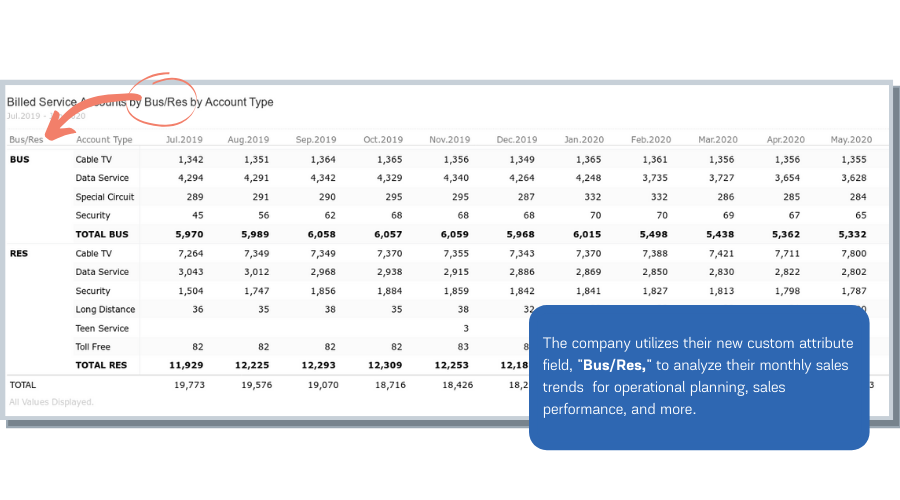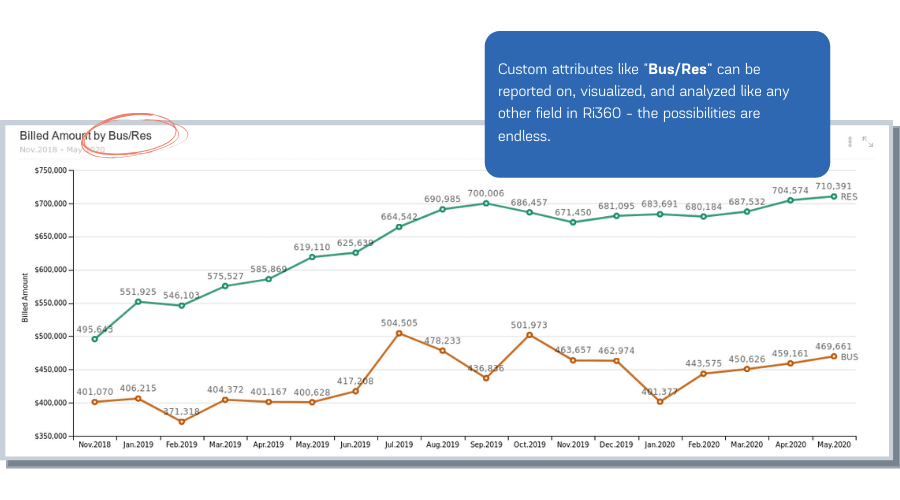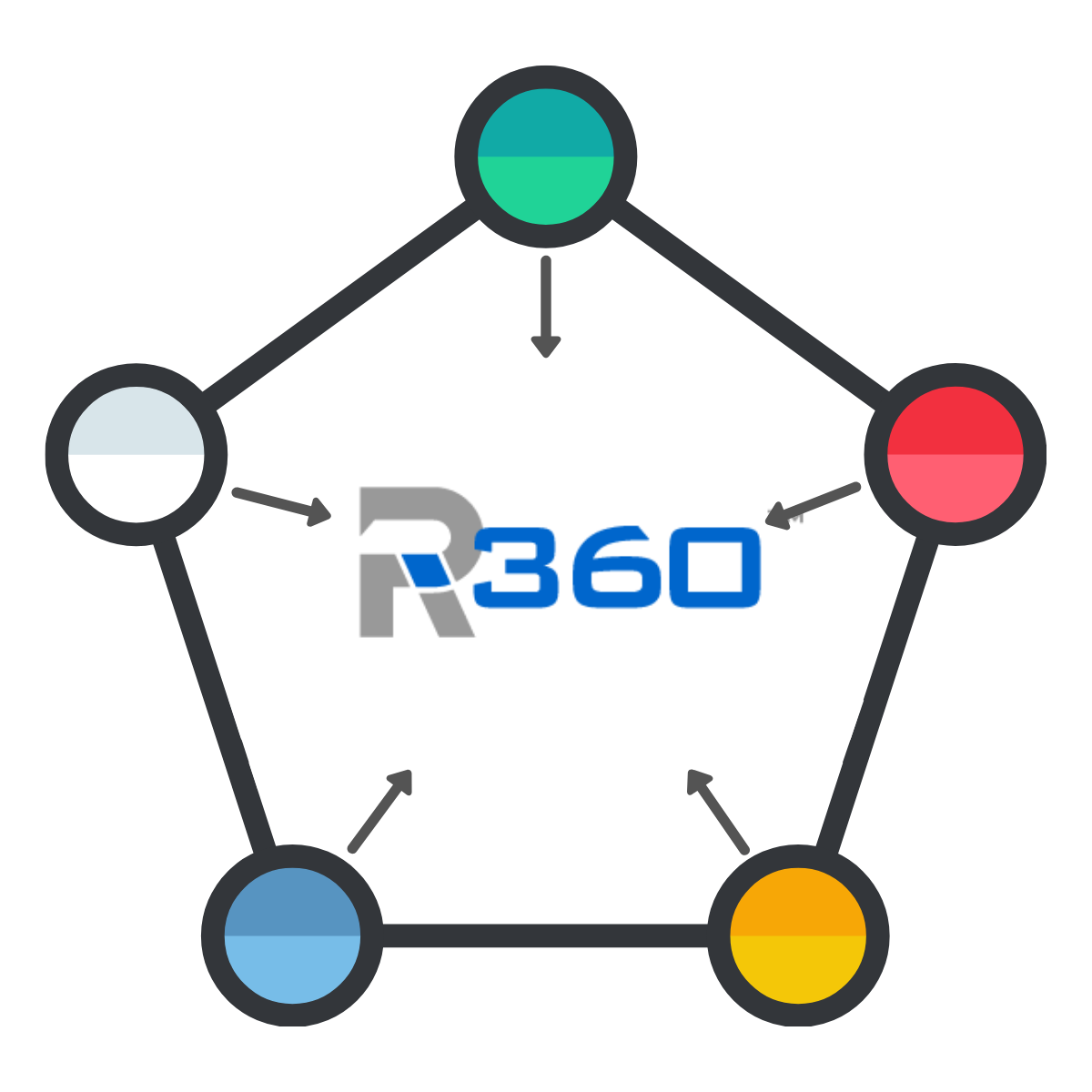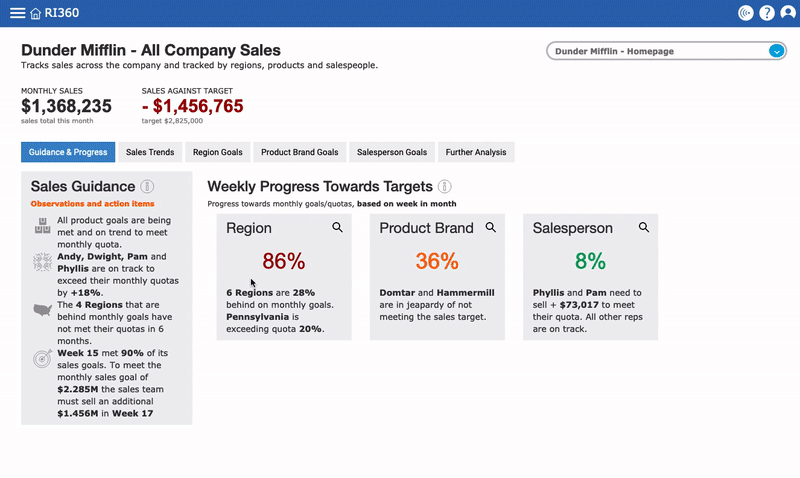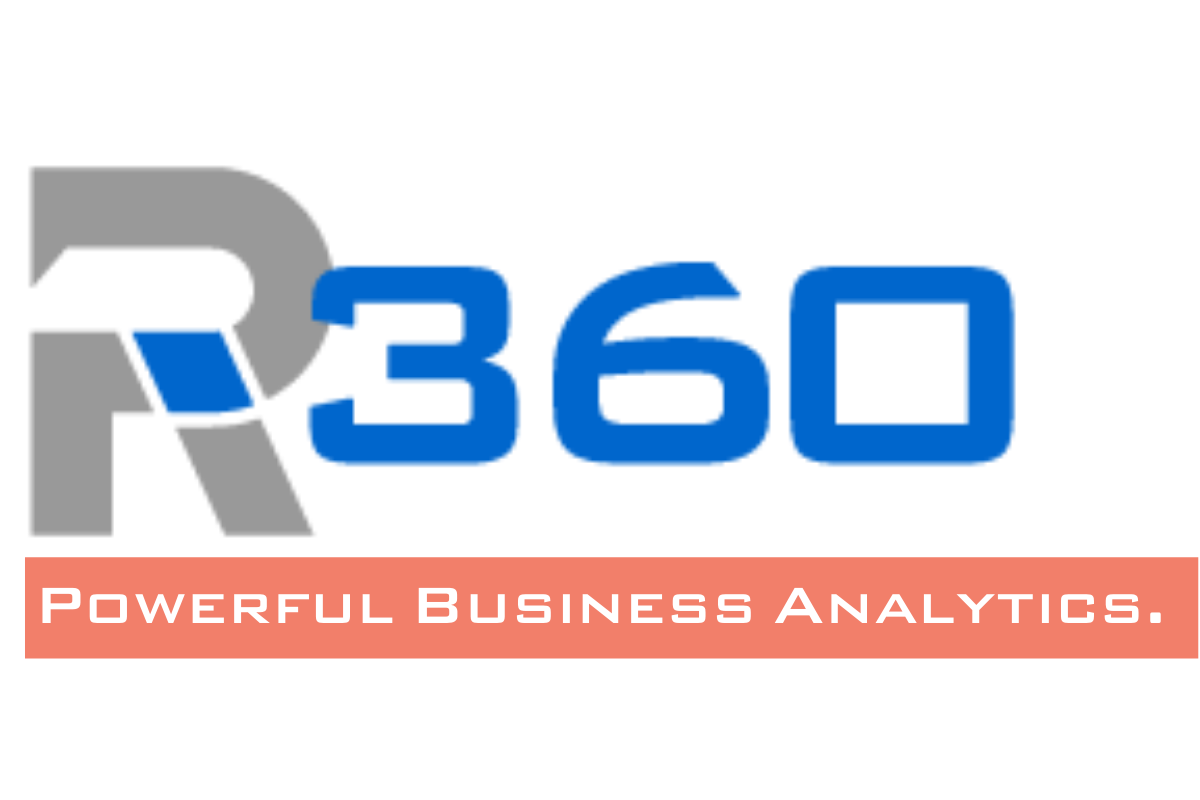Table of Contents:
Two Types: Basic and Complex
Why create a complex custom attribute?
Complex Custom Attribute in Action
Longterm ROI for custom attributes
Today we are illustrating how the ReconInsight data team implements complex business logic to create custom attributes for our Ri360 customers.
Custom attributes are an Ri360 feature. While the term ‘custom attributes’ is Ri360-specific, similar principles are used in data science. Within data science, the concept of feature engineering is similar to custom attributes.
Let’s reiterate the definition of custom attributes:
Custom attributes are represented in Ri360 as any field that does not have an exact replica in any integrated business system.
Notable characteristics of a custom attribute include:
- It is tailor-made to address a specific business need using the business’s language (i.e. ‘custom’).
- Each custom attribute field adds qualitative information (or, an ‘attribute’) to existing business metrics.
Custom Attribute Types: Basic and Complex
In our previous post, A must-have in business analytics: why custom attributes are vital for data driven business, we introduced two types of custom attributes (basic and complex) and focused on the mechanics of using basic data mapping to create a custom attribute.
As custom attributes, both types look the same to the end-user (they are represented as a field in Ri360 that can be reported on and analyzed just like any other field in Ri360) and both are managed in the data processing center (ETL) of Ri360’s data pipeline.
There are a few notable differences:
Complex custom attributes have a higher level of difficulty (or, you guessed it, ‘complexity’) in defining and building the custom attribute. This includes technical complexity for the ReconInsight data analyst to set-up, and strategic complexity for the business user to define.
While basic custom attributes involve data mapping, complex custom attributes involve complex business logic. Complex business logic is a technical term that describes the sequence of operations associated with data in a database to carry out a business rule or workflow. From a business perspective, complex business logic is the automation of business rules and workflows.
Why create complex custom attributes?
After 14 years of working with customers to create complex custom attributes in Ri360, I’ve learned that customers use them for one of two purposes:
Track strategic business goals
Address an operational need
Complex custom attributes can be challenging to explain because business users and leaders don’t think of their data the same way as data analysts. Your business probably has a number of complex custom attributes you are already tracking via reports.
Think of custom fields you’ve created with formulas on specific reports, but that field doesn’t exist anywhere else but on that one report. Or the way you filter a report to analyze operational details.
With Ri360, we take the opposite approach by creating your complex custom attributes as a field within the Ri360 dataset for unlimited reporting, analysis, and visualization.
Complex custom attributes in action
Here’s a custom attribute that Ri360 uses for many of our telecom customers: a field called “Bus/Res.” The field, “Bus/Res”, may look the same from business to business; the custom attribute’s complex business logic may vary based on the business’s definition.
Example: Classifying Customers as Residential or commercial
Industry: Telecom
Integrated Business Systems: Billing System and CRM
Goal: Accurately classify customers as residential or commercial based on the business’s definitions for operational reporting and strategic analysis and planning.
Problem: The company has a complex definition for designating a customer as commercial or residential and the probability of human error would significantly impact the accuracy of reporting and analysis.
Solution: Utilizing data collected by the billing system, the company collaborates with ReconInsight’s data team to create a complex custom attribute. The complex custom attribute is comprised of a unique algorithm that is coded by a ReconInsight data analyst based on the company’s business rules. The custom attribute uses four fields from the billing system to bifurcate the company’s customer base into “Business” or “Residence”:
Sub-company - which sub-company does the customer belong to?
Account type - telephone, internet, security, cable
Service type - a further breakdown of account type
Service category
All four fields are drop-down menus created by the customer in their billing system that align with their unique service offerings and how they classify their customer billings. Once the custom attribute is complete, the resulting field is called “Bus/Res” (Business or Residence).
Business Impact: Categorizing their customer base with the “Bus/Res” custom attribute in Ri360 removes human error. It also opens the door to strategic customer analysis through unification of their billing system data with data from their CRM.
The “Bus/Res” custom attribute enables leadership across the company to confidently analyze their data for operational insight and strategic planning.
Sales Analysis and Operations - The company’s sales force is defined by residential sales and business sales.
Marketing - Each customer group is marketed to differently, from a content and strategic stand point.
Regulatory - Telecom companies must submit regulatory filings to the federal government distinguishing between residential and commercial customers.
What is the long-term ROI of complex custom attributes?
In our blog posts, Chris and I regularly rave about the power of business analytics (and that won’t stop anytime soon), but we would be remiss not to highlight the immediate ROI our customers get from implementing custom attributes: time saved.
More often than not, when a new Ri360 customer is implementing custom attributes, they start with custom attributes that address existing operational needs. Ri360’s custom attributes greys the space between business analytics and operations management. After all, it is hard to enact strategic goals if you don’t have the operational capability.
Custom attributes are an invaluable tool for businesses looking to see quick ROI from their analytics software and/or business data. They set Ri360 apart from any analytics technology because we make sure our team of professionals work with you to set them up.
Stay tuned for more examples of custom attributes in the coming weeks!

